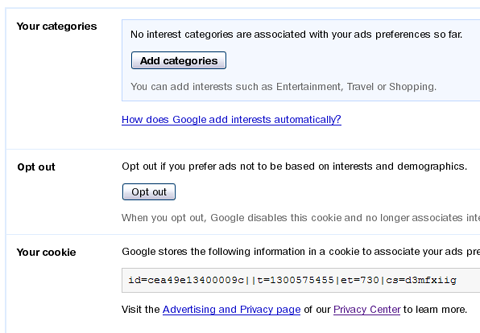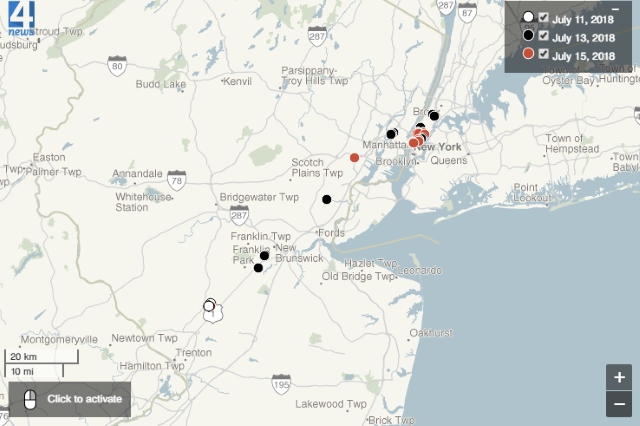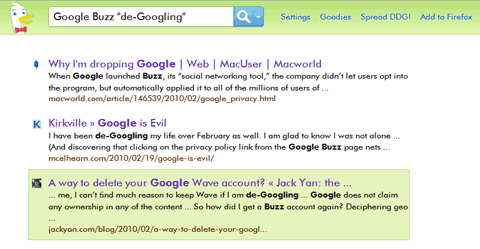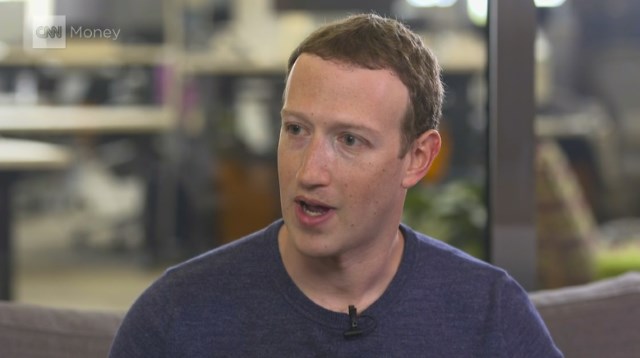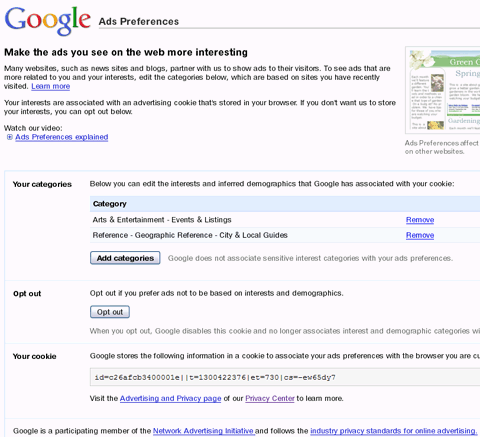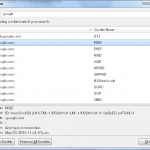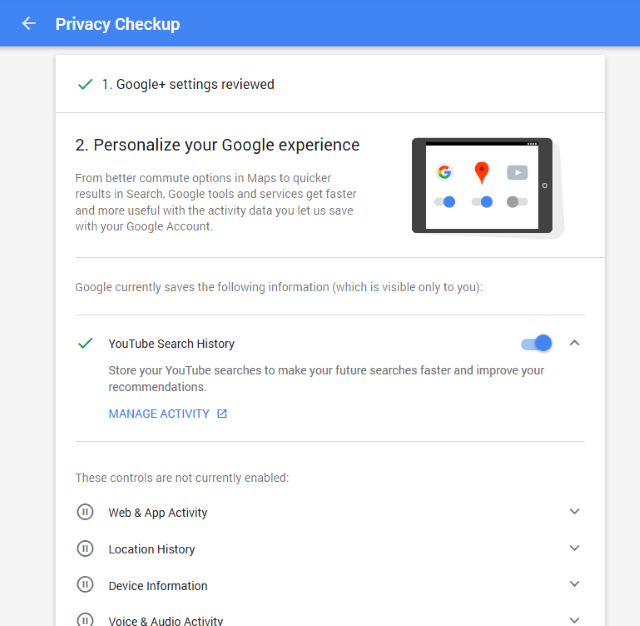
Check your YouTube settings: even if you switch off your search history, Google may turn it on again
Here I was, telling friends that 2014 marked the first year in which I didn’t have to call Google out over something, be it privacy breaches, deceptive conduct, or simply not measuring up to its claims.
As usual, I spoke too soon, as tonight I stumbled across another example of Google saying one thing and doing another. All in the quest to get data on you, without you knowing.
Last time that happened, Google had to change its practices regarding its Ads Preferences Manager, a system where it claimed you could opt out, where it then inserted an opt-out cookie, but, when you weren’t looking, removed the opt-out cookie and began tracking your preferences again. Now, if only it sold diesel cars, there’d be an uproar in the US media.
But it was all sorted very quietly, with the Network Advertising Initiative forcing Google, its largest member, to stop its deceptive conduct.
This was a year before the Murdoch Press exposed Google for hacking Iphone Safari browser users, for which the company was eventually fined $17 million, or four hours’ earnings. Again, if only it was selling diesel cars, the fine would be a thousand times greater.
This one’s related: the tracking of your history on YouTube. Google wants to track your data so it can customize advertising to you, since Doubleclick, its advertising unit, makes milliards a year. I had suspected it was going on in July 2014, since the site was delivering a large number of motoring advertisements to me, but needed to gather more proof. Like the investigation I made into Ads Preferences Manager four years ago, I should have checked Google’s settings; at the time I didn’t, thinking that Google would be incredibly stupid, callous and ignorant to manipulate user settings again after getting busted twice in the last five years for disrespecting them. But when the punishment is four hours’ earnings, with hindsight, of course, it wasn’t afraid.
I have had my YouTube history turned off for years, ever since I first discovered Google’s cheating over monitoring. However, in 2012, YouTube had switched this on again, without my intervention. You could argue that I had forgotten, that I must have switched it back on myself, as unlikely as that would be. Nevertheless, I was sufficiently concerned that I blogged about it in November, noting that I had found myself with a YouTube viewing and search history earlier that year. It’s something I would have deleted and turned off again in 2012.
What did I find when I checked my YouTube history today, now that Google has revamped its account management interface? You guessed it: a search history. It’s not complete—it doesn’t have everything I’ve searched for—but it does begin again on July 23, 2013. This jumps ahead to August 14 and 23, then October 3; June 23 and 30, July 3 and 4, 2014; then August 24 through 27, 2015. You have to ask yourself: how does Google have a search history for someone whose search history was turned off in 2012 (and even before then)? The only conceivable answer to me is that Google switches it on again without your permission, and it was indeed on again when I visited the Privacy Check-up pages today.
I also have a watch history, with videos in March, April, November and December 2012.
I shan’t be deleting either, as this will serve as a record of the fact Google still messes around with our privacy settings regularly. But I will say again, today, that I had to “pause” the search history for YouTube again, and I’ll check in again later, although not three years later, to see if Google switches it back on.
I was surprised to find that I have a YouTube account, and Google gave me the option to delete my zero videos, playlists, subscriptions and subscribers. However, if I proceeded, and I might after this investigation, the above histories would also vanish.
We may have another Ads Preferences Manager case on our hands, one where the US and tech media will just shrug its shoulders and proclaim Google to be the Almighty on which their jobs hinge. At worst, some states’ attorneys-general will go after them for another few hours’ pay.
